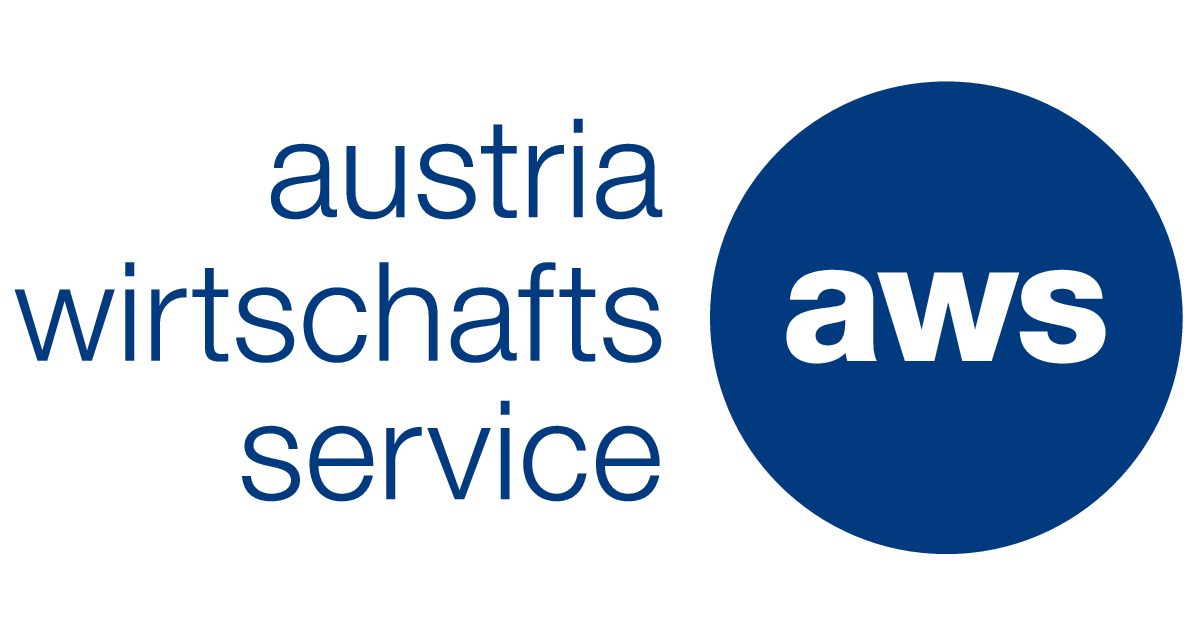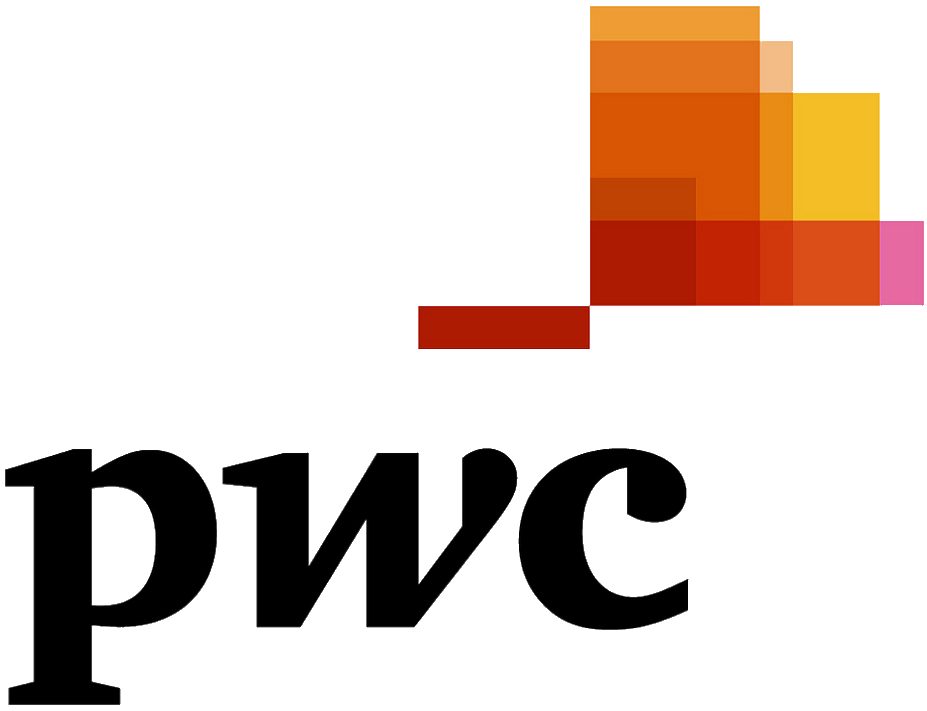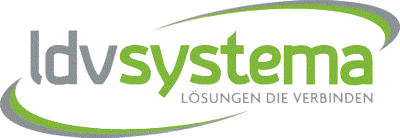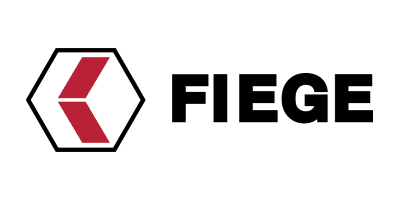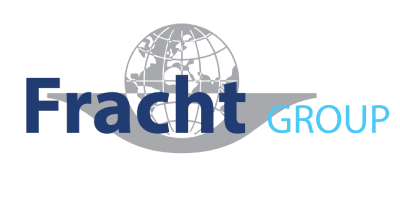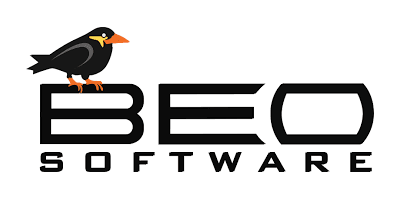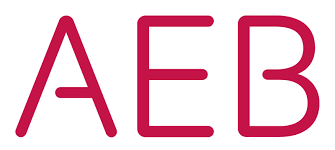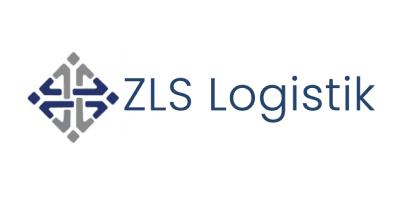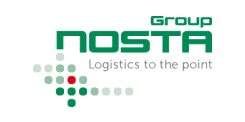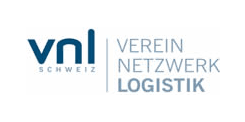Large Language Learning Models in Customs Part 1
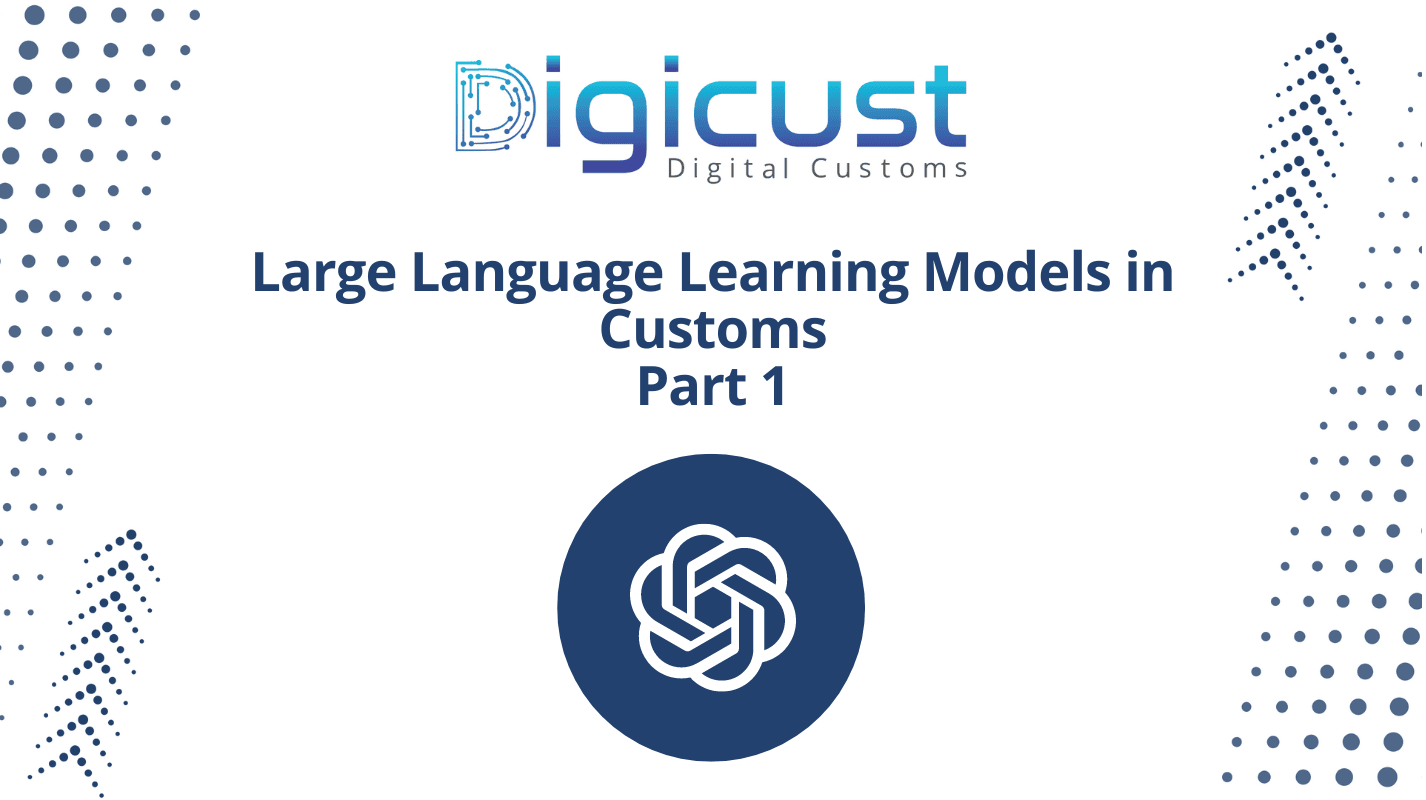
Our new blog series is about how AI technologies will change the customs industry. Special focus is on large language learning models and their application. At Digicust, we also use these models. Driven by innovations such as artificial intelligence, machine learning, blockchain and paperless processes, global e-commerce is expected to account for around 24% of all global trade by 2026, according to World Trade Organisation forecasts. Given the rapid growth of this digital marketplace, effective customs data management is becoming increasingly important to handle the rising volume of trade.
Advanced technologies such as blockchain, IoT, Big Data, artificial intelligence (AI) and machine learning are revolutionising cross-border trade. Organisations such as the World Customs Organisation (WCO) and the World Trade Organisation (WTO) are actively exploring their potential. These technologies can help customs authorities streamline their processes and ensure security and fair tax collection. The WCO and WTO have long-standing partnerships that focus on customs valuation, rules of origin and trade facilitation. A study report on disruptive technologies (WCO, 2022) highlights how these technologies impact customs procedures.
Simplifying customs clearance through artificial intelligence
Artificial intelligence, including machine learning and deep learning, is a powerful tool for customs classification of goods. Machine Learning enables automatic learning from experience and data. In contrast, Deep Learning, a specific subset of Machine Learning, uses neural networks to identify complex patterns in data. In the past, fuzzy matching and decision tree logic were used to overcome the challenges of customs classification. However, these methods reached their limits, especially for complex or novel products. The latest deep learning technology offers a comprehensive and automated approach to product classification that surpasses the capabilities of fuzzy matching and decision tree solutions. Using proprietary AI models and high-quality data sources, Deep Learning enables generalisation of the underlying concepts and rules, leading to higher accuracy in classification.
Introduction to large language learning models
Large Language Models (LLMs) such as OpenAI's GPT-4 and Google's BERT have made significant strides in the field of artificial intelligence, ushering in a new era of innovation across many industries. Customs authorities around the world will benefit from the capabilities of LLMs, which promise to streamline processes, increase security and speed up international trade.

Watch the full webinar here
You missed our webinar? You can watch the full video here.
News from our Blog
Learn about customs clearance, foreign trade, our product updates and our latest achievements.

